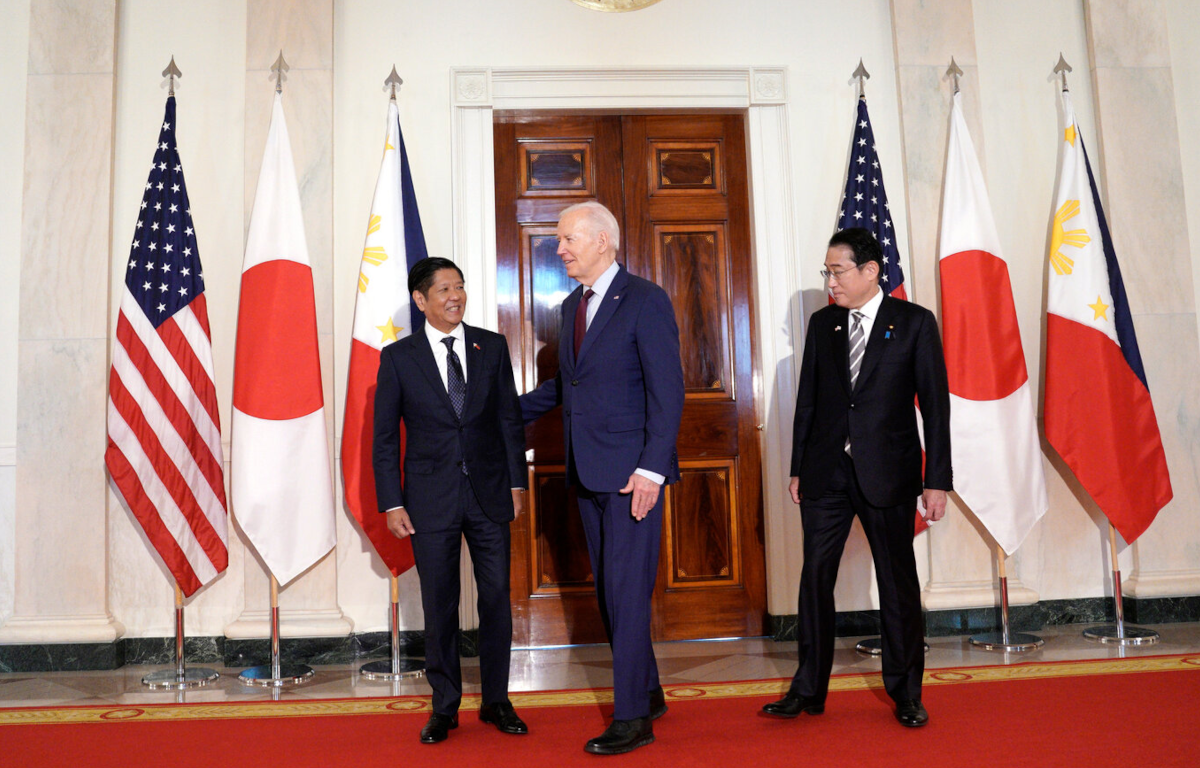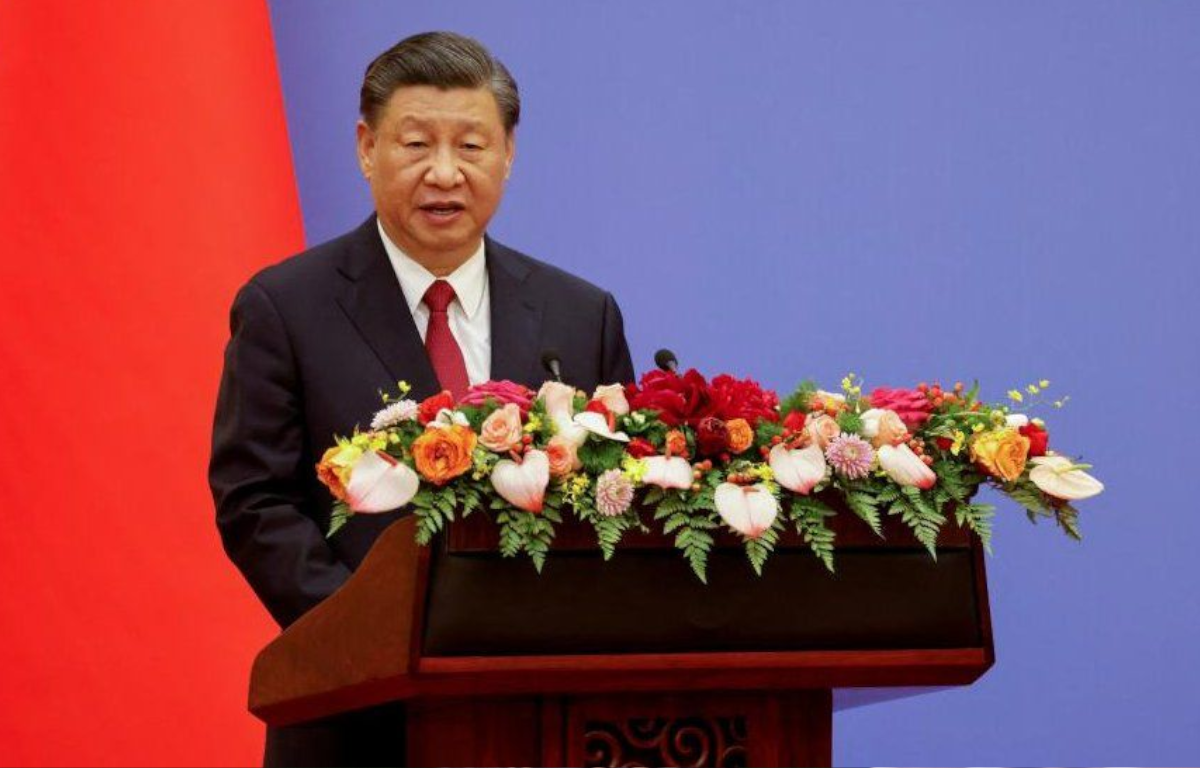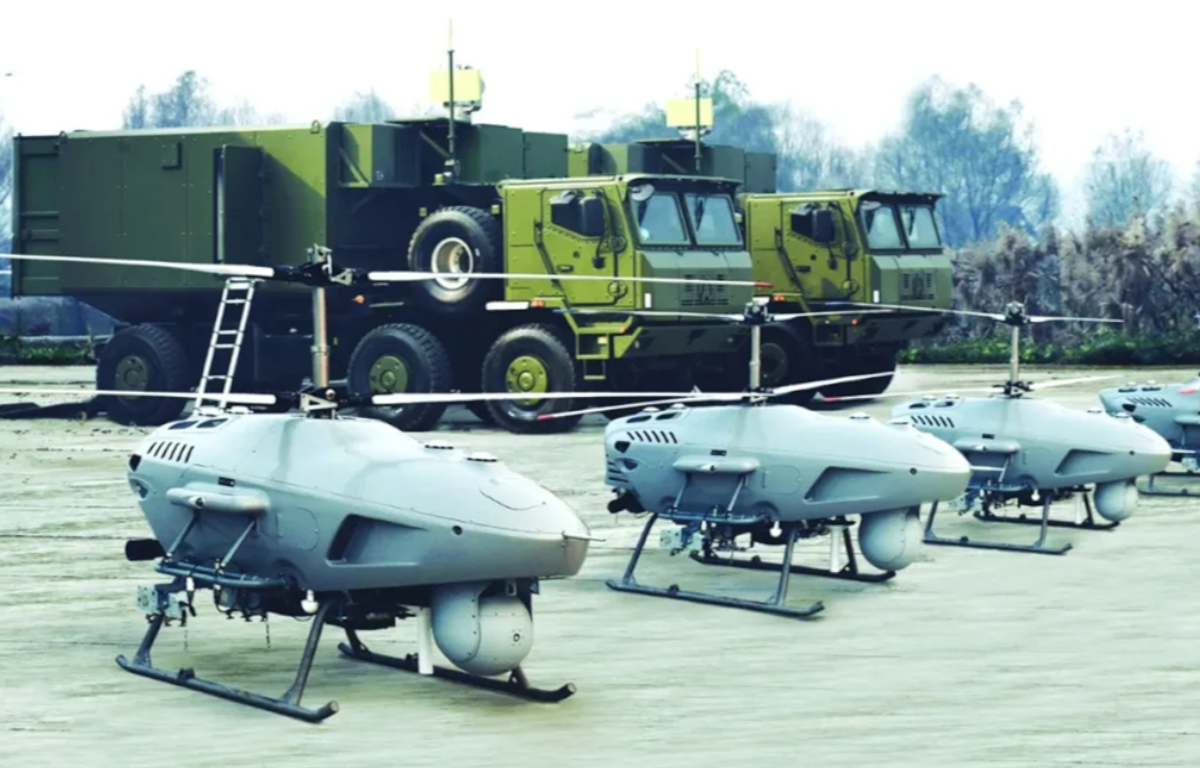
The Cold War, which lasted from the end of World War II until the early 1990s, was characterized by ideological and military rivalry between the United States and the Soviet Union. While the Cold War officially ended with the dissolution of the Soviet Union, recent developments suggest that a new era of great power competition is dawning.
China’s Ascendancy
China has emerged as a formidable economic and technological powerhouse. It has achieved remarkable economic growth over the past few decades, lifting hundreds of millions of its citizens out of poverty. With its Belt and Road Initiative (BRI), China is extending its economic influence across Asia, Africa, and Europe, funding and constructing critical infrastructure projects in dozens of countries.
China’s technological prowess is also on display through companies like Huawei and Tencent, which are at the forefront of 5G technology and artificial intelligence. Additionally, China’s space program has made significant strides, including landing a rover on the far side of the moon.
Meanwhile, Russia, under the leadership of Vladimir Putin, has sought to reassert its influence on the world stage. Russia’s actions in Ukraine, its intervention in Syria, and its attempts to interfere in Western elections have raised concerns in Western capitals. The use of cyber warfare and disinformation campaigns by Russian actors has further complicated the geopolitical landscape.
China’s economic might is challenging the Western economic order. Its massive consumer market, coupled with state-sponsored industrial policies, gives Chinese companies a competitive edge. The West is grappling with how to respond to China’s economic influence, particularly in terms of trade imbalances and intellectual property theft.
Technological Innovation
Both China and Russia are investing heavily in emerging technologies. China, in particular, is a leader in 5G, artificial intelligence, and quantum computing. This has significant implications for national security, as control over critical technologies becomes increasingly important.
China and Russia have been strengthening their global alliances, forming partnerships with countries that are disillusioned with Western leadership. The Shanghai Cooperation Organization (SCO) and the China-Russia strategic partnership are examples of these efforts to counterbalance Western influence.
Is the West Up to the Challenge?
Western nations must work together to form cohesive alliances. NATO remains a critical defensive alliance in Europe, but new partnerships and cooperative efforts must be forged to address global challenges collectively.
To maintain an edge in the technological race, the West must invest heavily in research and development. This includes artificial intelligence, quantum computing, and cybersecurity. Public-private partnerships can help drive innovation. Engaging in fair and constructive economic relations with China is essential. This means addressing trade imbalances and intellectual property concerns through negotiation and cooperation rather than punitive measures.
Values and Ideals
The West should reaffirm its commitment to democratic values and human rights. Promoting these ideals on the global stage can counterbalance the influence of authoritarian regimes.
The West is facing a new Cold War with China and Russia, one that extends beyond military might to encompass economic, technological, and ideological competition. To navigate this complex landscape successfully, the West must prioritize unity, technological innovation, economic diplomacy, and the promotion of democratic values. Only through a strategic and collaborative approach can the West hope to meet the challenges posed by these emerging global powers.










Share this: